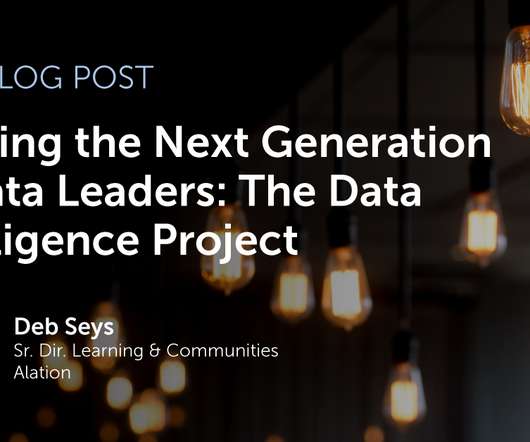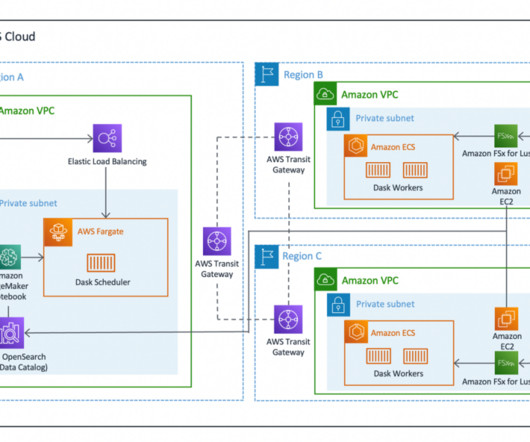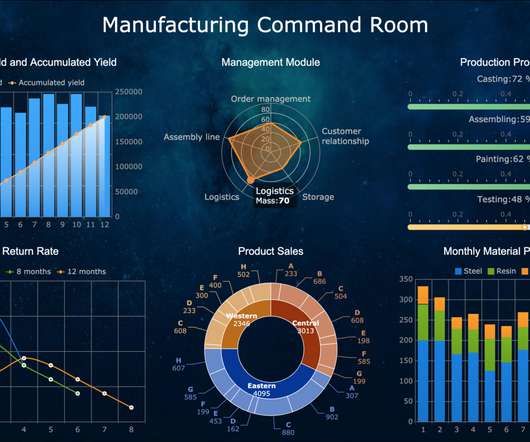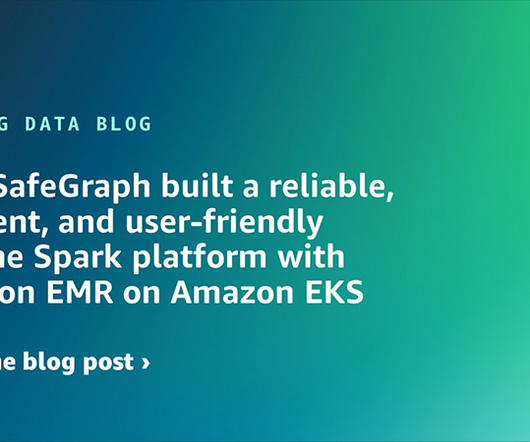Courage and Curiosity: Valuable Attributes for Women in Big Data
Cloudera
JULY 14, 2021
Last week we held our third Women In Data Webinar, and what a session it was! We were honored to welcome Justyna Lebedyk, Senior Product Owner Big Data, Commerzbank AG, who posed the question “Does diversity win?” . So, after my master degree, I started courses in Business Informatics.





















Let's personalize your content